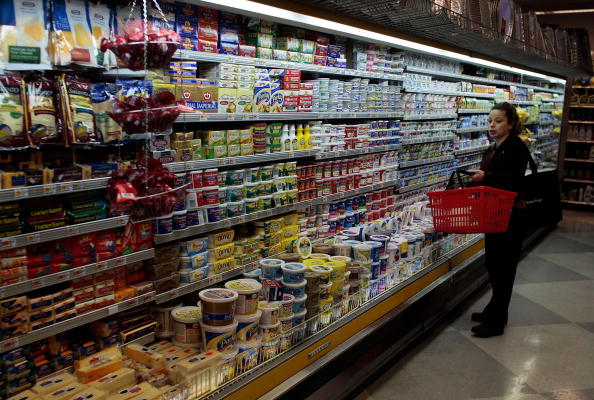
Public health experts have often pointed out that rural or urban low-income neighborhoods may be ""food deserts," areas where there are few or no stores that sell fresh vegetables or a variety of other nutritious foods. The lack of healthy food at a reasonable price is thought to increase the rates of childhood obesity and unhealthy dietary habits.
But a new study has found that putting a full-service supermarket in these areas may not help these issues, at least not in the first year after the store opened. This is the first controlled study to evaluate the impact of a government-subsidized supermarket on food consumption for children.
Researchers from New York University Langone Medical Center in Manhattan looked at two neighborhoods in the Bronx to see if the opening of a supermarket helped household food availability or children's dietary intake. They compared the Morrisania neighborhood in the Bronx, where a government-subsidized full-service supermarket was opened, to the Highbridge neighborhood, where there was no supermarket. Information was collected by surveying 2,172 people contacted on the streets in the neighborhoods and also asking 363 people to recall what they had eaten recently. The surveys were done before the store opened. The same people were contacted five weeks after it opened, and a year later.
The study found that there were no appreciable differences in availability of healthful or unhealthful foods at home, or in dietary intake of children as a result of the supermarket. However, the study only looked at changes in the first year of the supermarket's presence in the neighborhood.
"Given the lack of healthful food options in underserved neighborhoods and need for programs that promote access, further research is needed to determine whether healthy food retail expansion, alone or with other strategies, can improve food choices of children and their families," the researchers concluded.
